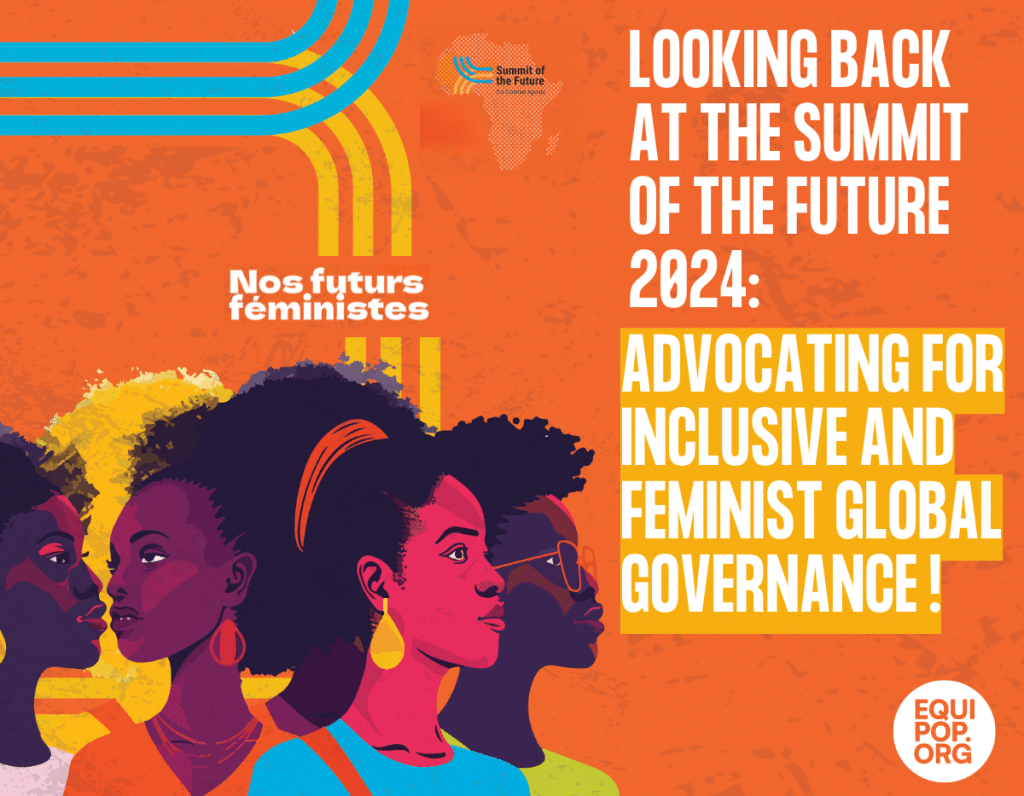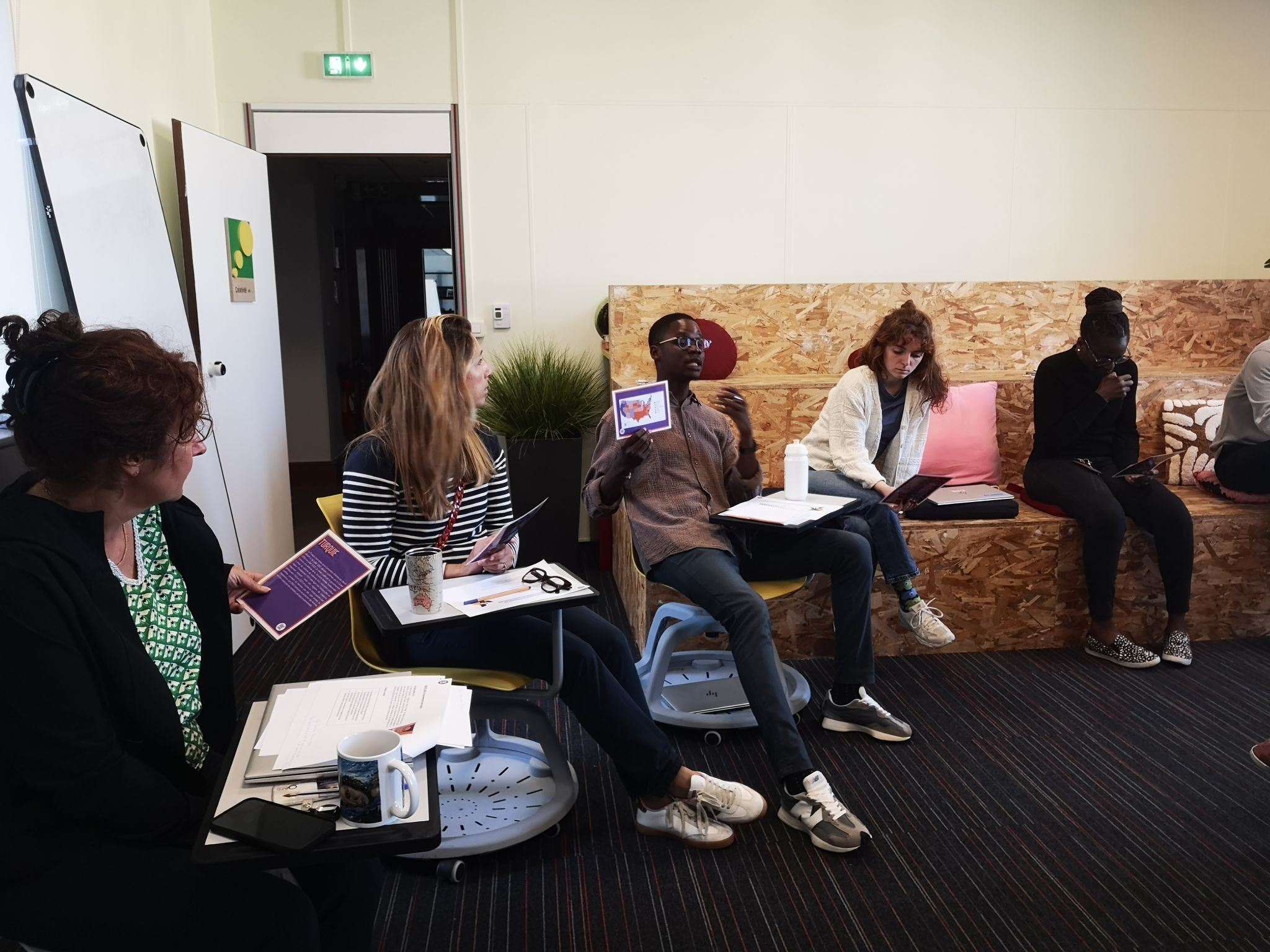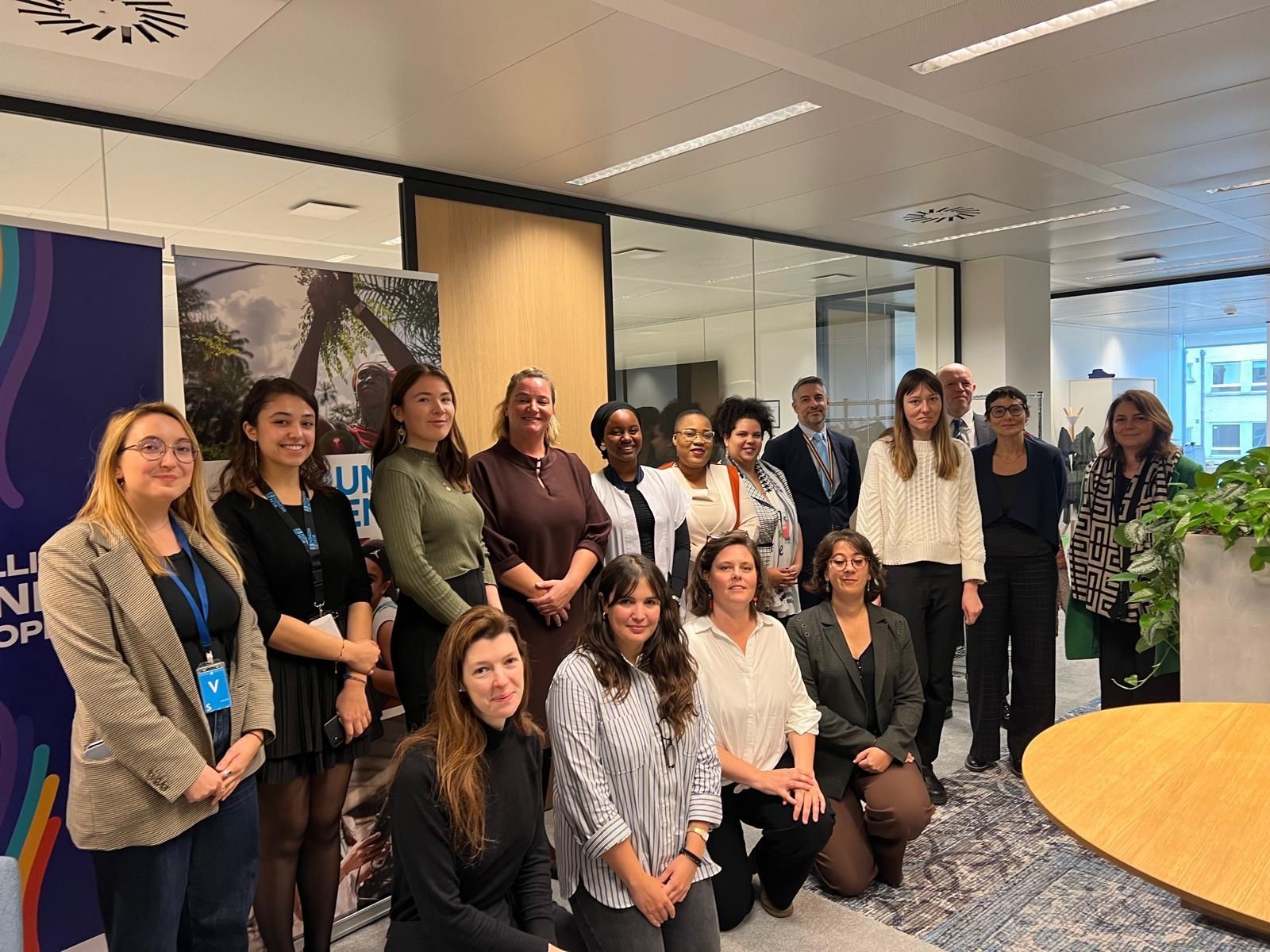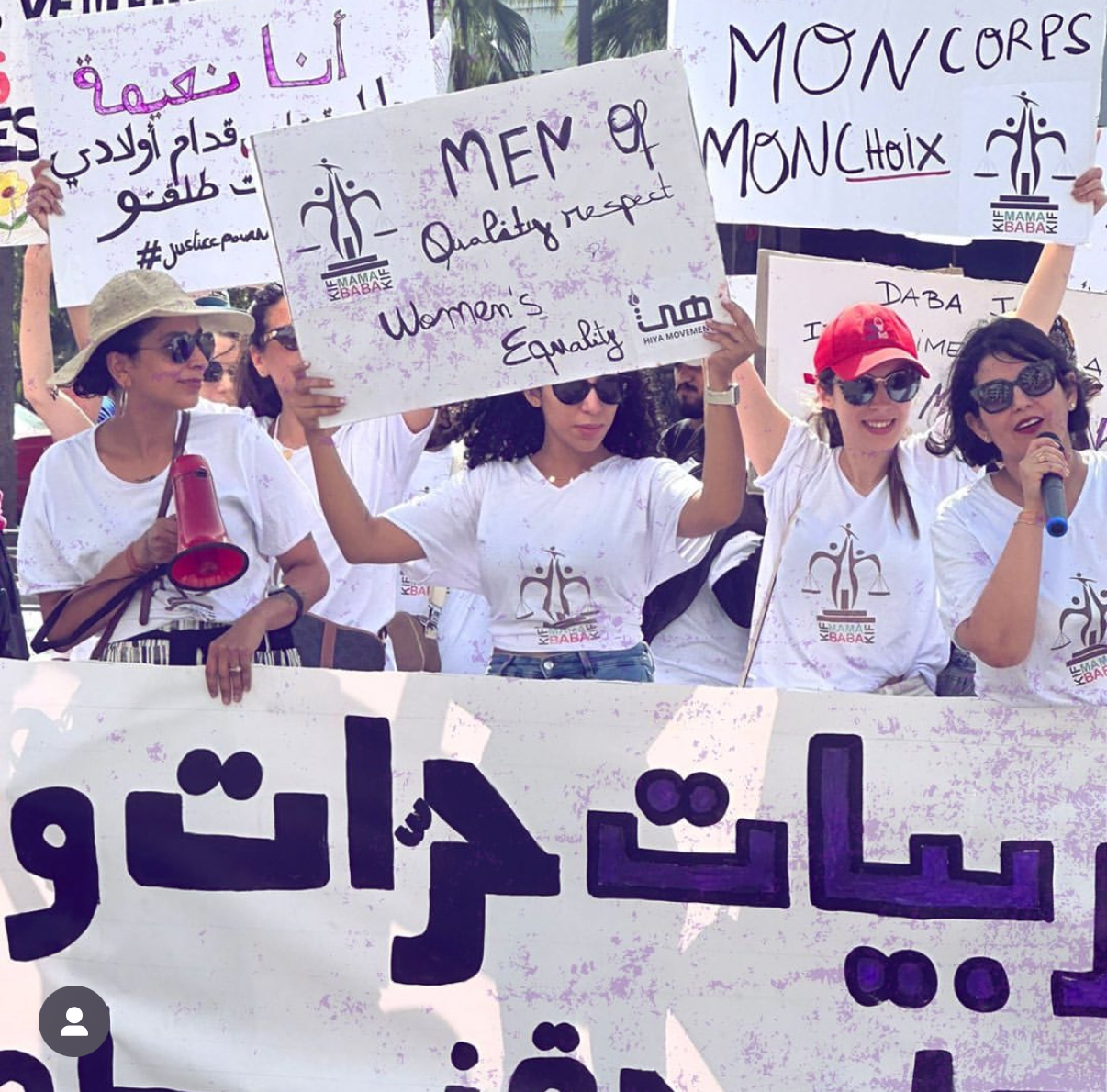The Summit of the Future 2024, held in New York on September 22 to 23, brought together world leaders who adopted the Pact for the Future. While considered overly ambitious by some and insufficiently progressive by others, this thirty-page document “reaffirms the commitment of Member States to the 2030 Agenda and the building of a more inclusive and prosperous world », addressing issues such as climate change, gender equality, peacekeeping, artificial intelligence, and international finance. In a context of waning trust in UN multilateralism, and where much progress remains to be made in terms of inclusivity and representation of those most concerned and affected, Equipop supported the participation of its feminist and youth partners from Francophone West Africa. The aim was to bring about sustainable transformation of governance systems by incorporating feminist perspectives and ensuring meaningful participation of women and youth in international decision-making processes.
The Pact for the Future: promising progress, persistent challenges
The Summit of the Future concluded with a pact offering pathways to promote more inclusive global governance. This pact commits states to undertake concrete actions in gender equality, the fight against gender-based and sexual violence, and the advancement of sexual and reproductive health and rights (SRHR). These commitments are promising, especially in the context of the 2030 Agenda and its subsequent initiatives, yet challenges remain. Negotiations exposed the limitations of state commitments, particularly under pressure from conservative governments that opposed the pact at the last minute (e.g. Russia, Syria, Nicaragua, Belarus, Iran, and North Korea). Some definitions, such as those for discrimination or vulnerability, were diluted to exclude LGBTQI+ people. Similarly, the linguistic shift from « social policies » to « family policies » overshadows critical issues related to youth, education, and health. Moreover, the pact remains non-binding, raising questions about the genuine willingness of states to implement these recommendations. Discussions on restructuring the Security Council (e.g., increased inclusivity, veto power) and reforming international financial institutions did take place, however it is uncertain whether the pact has effectively addressed the crisis of confidence in UN multilateralism and systemic shortcomings.
Amplifying feminist voices in global discussions
For Equipop, a primary goal was to ensure that the voices of young people and feminists, especially those from Francophone West Africa, were heard and considered. In preparation for the Summit, the organization mobilized around 30 young and feminist partners. Several online exchanges lead to the production of a shared position paper that containsclear and precise recommendations, voiced by those who experience and combat gender inequality and gender-based violence daily. During the Action Days preceding the Summit of the Future, Equipop hosted a side event titled « Our Feminist Futures. ». This provided an opportunity for young activists to share their visions and aspirations concerning gender equality, SRHR, and bodily autonomy, including in contexts of security crises. These key recommendations were also highlighted during a side event organized by UN Women and the SRHR and Bodily Autonomy Action Coalition of the Generation Equality Forum (GEF). During her speech, one of our feminist partner activists shared her experiential knowledge and contributed to the development of concrete solutions in this global framework.
Ongoing support for feminist activists
While the process leading to the Summit of the Future demonstrated genuine efforts and greater willingness to involve young people and marginalized communities in negotiations, structural obstacles persist. These include the marginalization of civil society during multilateral negotiations, which are primarily state-focused. Additionally, a gap remains between the rhetoric adopted on youth involvement and the reality of both, limited participation slots and insufficient support mechanisms being put in place (e.g. visas, financial assistance), thus leading to frustration and disappointment for some (e.g. Youth Dialogue). In this challenging context, where civil society plays a crucial role in oversight, counterbalancing anti-rights movements, and connecting national and international advocacy, Equipop strives to provide tailored support to activists. The organization amplifies voices often marginalized in global debates. As a defender of women’s rights and social justice, Equipop has adapted its practices to better support its partners in such spaces. Through technical, financial, or strategic assistance, the organization seeks to continuously improve conditions for young people and feminists from Francophone West Africa to participate in international discussions. Advocacy for both Meaningful and Inclusive Youth Participation (MIYP) and Linguistic Justice is a strategic priority for Equipop. Including these voices in global governance spaces is essential to ensure fair and equitable decision-making. In doing so, the organization contributes to the sustainable transformation of global governance systems, ensuring that the demands of women and youth are genuinely reflected in public policies, paving the way for more inclusive, intersectional, and feminist governance rooted in equality and social justice.
A reinforced commitment to the Future
Equipop reiterates its commitment to supporting feminist movements and activists, both nationally and internationally. Flexible and long-term funding for feminist organizations, along with follow-up on commitments made during the Summit, is critical for sustainable progress. The ICPD+30 and Beijing+30 processes in 2025, as well as the Conference on Financing for Development, provide opportunities to strengthen advocacy for women’s and youth rights. Equipop also calls on donors to mobilize resources to translate these commitments into binding normative frameworks. As Foteini Papagioti stated during Equipop’s side event, continued investment in these collective dynamics is crucial to ensuring that women’s and youth rights remain central to international agendas. The announcement of the Francophone Feminist Alliance during the Francophonie Summit represents another step towards integrating feminist approaches into public policies. Strengthening such alliances and ensuring follow-up on commitments is more critical than ever in building a future where equality and social justice are not merely aspirations but concrete realities.





